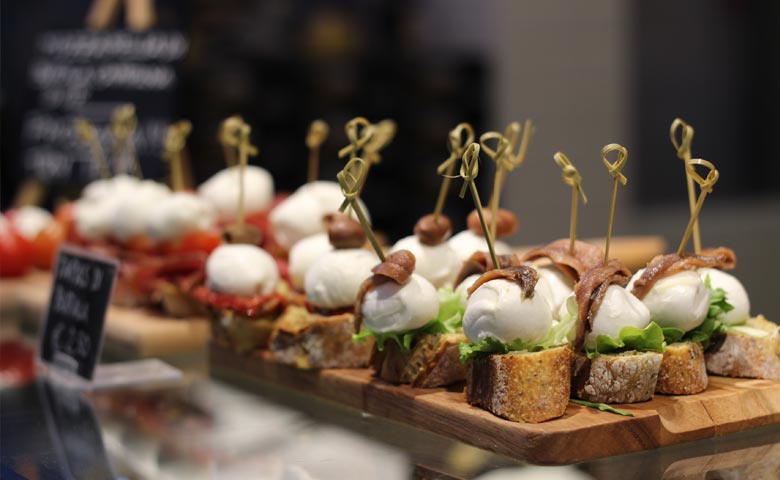
As in many other countries of the world, in Italy, March 8 is a day to celebrate Women's Day and those who have decided to study Italian in Florence, will notice: with spring at our doorstep, the city is literally invaded by the scent of mimosa flowers. Despite Women's Day being an international holiday, the gift of mimosa flowers remains an all-Italian custom that dates back to the immediate post-war period. Let's find out how it was born!



 Made with croissant and cappuccino or more traditional with bread and jam, light with fruit and yogurt or with crunchy biscuits and honey. Every Italian eats breakfast their own way, but one thing is certain: breakfast is the most important meal of the day!
Made with croissant and cappuccino or more traditional with bread and jam, light with fruit and yogurt or with crunchy biscuits and honey. Every Italian eats breakfast their own way, but one thing is certain: breakfast is the most important meal of the day! Bitter or sweetened, in a glass or in a large cup, macchiato or shaken. No matter how you prefer it, there is no doubt: coffee for Italians is a real ritual! From the morning alarm to the evening digestive, every moment of the day can be marked with a good coffee. The secret? The intense aroma and the enveloping scent that emanate with each cup. Yet what seems to be a 100% Italian custom has, in reality, very distant origins. Let's discover them together!
Bitter or sweetened, in a glass or in a large cup, macchiato or shaken. No matter how you prefer it, there is no doubt: coffee for Italians is a real ritual! From the morning alarm to the evening digestive, every moment of the day can be marked with a good coffee. The secret? The intense aroma and the enveloping scent that emanate with each cup. Yet what seems to be a 100% Italian custom has, in reality, very distant origins. Let's discover them together! "Tell me what you eat and I'll tell you who you are" proclaims the famous saying from Jean Anthelme Brillat-Savarin. Italy is one of the symbolic countries representing this philosophy, and understanding Italian food, with its history, its variety and its genuineness, means knowing the culture and identity of an entire nation. The typical dishes, with their more, or less famous, regional variants, have been passed down for centuries and through their ingredients, tell stories of dominations and cultural, political and social contaminations.
"Tell me what you eat and I'll tell you who you are" proclaims the famous saying from Jean Anthelme Brillat-Savarin. Italy is one of the symbolic countries representing this philosophy, and understanding Italian food, with its history, its variety and its genuineness, means knowing the culture and identity of an entire nation. The typical dishes, with their more, or less famous, regional variants, have been passed down for centuries and through their ingredients, tell stories of dominations and cultural, political and social contaminations.
